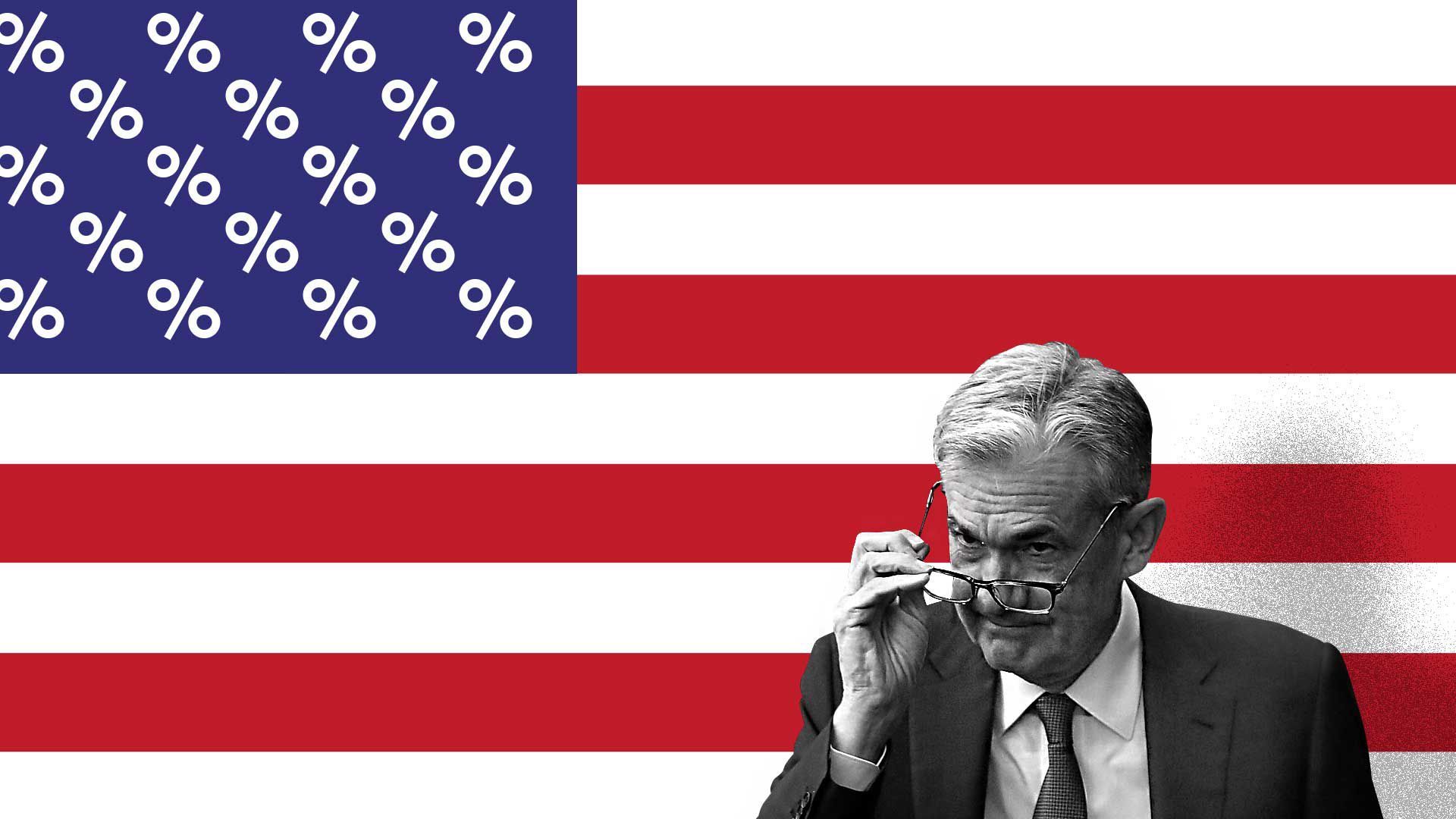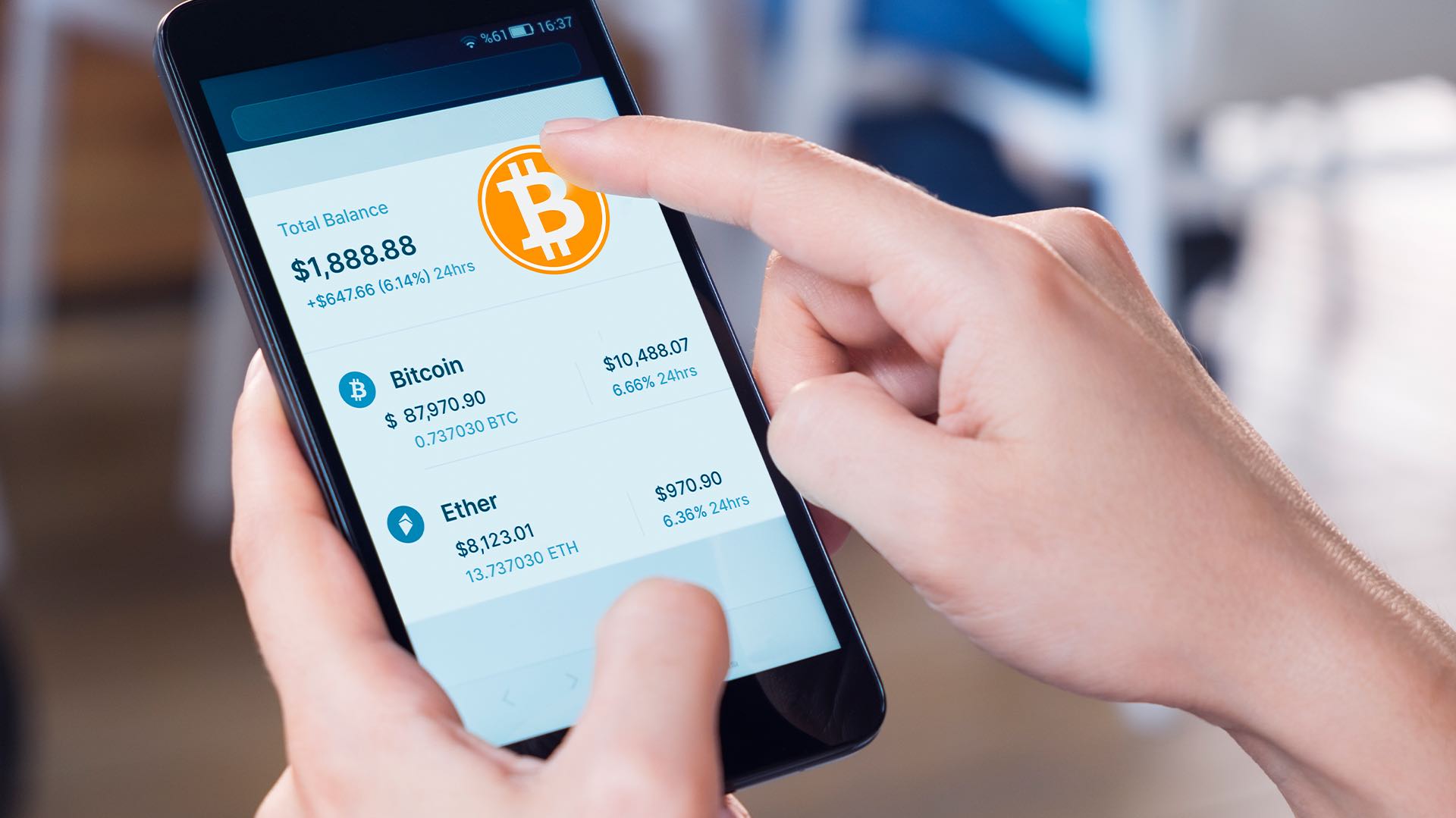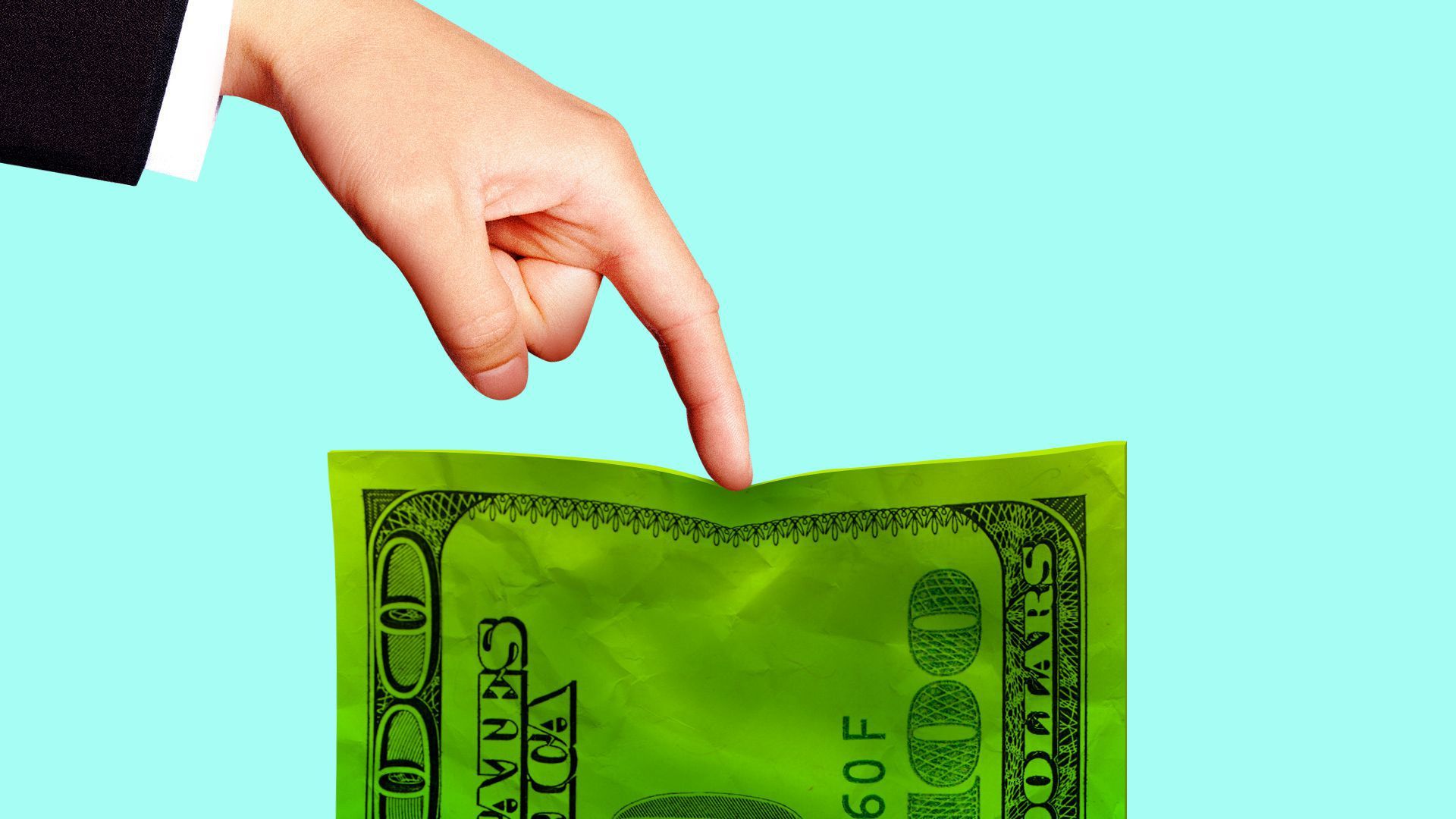| | | | | | | Presented By Let Everyone Invest | | | | Axios Markets | | By Matt Phillips and Emily Peck · May 05, 2022 | | 🥳 Welcome back! There's lots to unpack. We have an all-star team here today to do it. Let's go! Today's Markets, edited by Kate Marino, is 1,133 words, 4.5 minutes. | | | | | | 1 big thing: The Fed is owning the inflation problem |  | | | Illustration: Lazaro Gamio/Axios | | | | The two most striking moments of Federal Reserve chair Jerome Powell's news conference yesterday came at the very beginning and near the end, Axios' Neil Irwin writes. - He started the session by staring into the camera and telling the American people that inflation is too high and the Fed is determined to bring it down.
- Later, when asked a question about what other branches of government could do to fight inflation, he demurred, essentially saying inflation is the Fed's problem to solve.
Why it matters: The Fed may be late in attempting to bring down inflation, but Powell is putting the problem squarely on his own shoulders, leaving no doubt that, for better and worse, the central bank will squeeze the money supply until prices stop rising so fast. - In the news conference, Powell all but pre-announced that this week's half-percentage point rate hike — the first in two decades — will be followed by at least two more.
Between the lines: Powell's initial comments were aimed at ordinary Americans, not the economics reporters and bond traders who habitually hang on his every word. "Before I go into the details of today's meeting, I'd like to take this opportunity to speak directly to the American people," he said. - "Inflation is much too high and we understand the hardship it is causing, and we're moving expeditiously to bring it back down," Powell continued. "We have both the tools we need and the resolve it will take to restore price stability."
In response to a question about what the Biden administration or Congress might do to contain inflation, Powell didn't take the bait, such as by pointing out that steel tariffs aren't helping supply constraints. "It's really the Fed that has responsibility for price stability," he said. "We need to stay in our lane and do our jobs." - "When we get inflation back under control, then maybe I can give other people advice," he quipped.
Flashback: You can contrast that tone with that of Arthur Burns, the Fed chair during the 1970s who presided over a time of rapidly rising inflation. He tended to have a laundry list of reasons high inflation wasn't the Fed's fault. - In a self-pitying speech in 1979 titled "The Anguish of Central Banking," he blamed "the persistent inflationary bias that has emerged from the philosophic and political currents that have been transforming economic life" since the 1930s.
The bottom line: The Powell Fed isn't going to emphasize Burns-like excuses if inflation remains high — which means that the tightening will continue until prices relent, even if that turns out to mean economic pain ahead. |     | | | | | | 2. 📈 Stocks loved it |  Data: FactSet; Chart: Axios Visuals The Fed delivered the biggest rate hike in over two decades, and the stock market seemed to love it, Matt writes. Why it matters: The rally, after a dreadful month, suggests many had thought the Fed would threaten even harsher rate hikes in the future, to tamp down sizzling inflation. - When Powell declined to do so, a relief rally ensued.
State of play: The S&P 500 rose roughly 3% yesterday — the strongest daily gain for the index in nearly two years. - The tech-laden Nasdaq composite index jumped 3.2%.
What happened: Shortly after the press conference began at 2:30pm, equity markets shifted into overdrive. - Why? The Fed chief told a reporter: "[A] 75 basis point increase is not something the committee is actively considering."
Between the lines: In recent weeks, a hike of that magnitude was seen as a real possibility — but some investors worried such an aggressive hiking trajectory would hasten a hard landing for the economy. - Five-year and seven-year Treasury bond yields declined sharply after the comment, suggesting some had been betting on those larger hikes in coming meetings.
The bottom line: In the world of financial markets, everything is relative. And as far as the market is concerned, the Fed's tone could have been a lot worse. |     | | | | | | 3. Catch up quick | | 🐦 Musk has $7 billion in commitments from equity partners for his Twitter purchase. (SEC filing) 🛢 Shell posts highest quarterly profit since 2008. (CNBC) ⚠️ Inflation in Turkey soars to nearly 70%. (FT) |     | | | | | | A message from Let Everyone Invest | | Help us stop unnecessary regulations on your investments | | |  | | | | If you invest in any of the following funds, your right to freely invest may be at risk: - Target Date Funds
- Smart Beta Funds
- ESG Funds
- Closed-End Funds
- Alternative Funds
- Crypto Funds
Tell regulators: I oppose limitations on my investments. | | | | | | 4. Don't try to make sense of valuations |  Data: Forbes Global 2000, Yahoo Finance; Note: *Market cap is for Darden Restaurants; Chart: Erin Davis/Axios Visuals The acquisition of Twitter by Elon Musk has thrown into sharp relief the seemingly arbitrary valuations given to companies by the stock market, and the way in which a soaring share price doesn't necessarily mean a stratospheric valuation, Axios' Felix Salmon writes. By the numbers: Twitter, Domino's Pizza and Caesars Entertainment all have roughly the same annual revenues. - Twitter has been the laggard in the stock market — since September 2014, its stock has fallen by 3%. Meanwhile, Domino's stock is up by 357%.
- Caesars shares, a bit of a special case, have risen by 1,470% over the same time frame, a testament to the way in which the holding company managed to outmaneuver creditors of its main operating subsidiary, which filed for bankruptcy in 2015.
- In terms of market capitalization, however, Twitter is still worth substantially more than Domino's and Caesars combined. It's also the most valuable company of the three in terms of enterprise value.
Why it matters: The stock market is very noisy. Airbnb has lower revenues than Twitter, but is worth well over twice as much, even with its share price going largely sideways since it went public in December 2020. The bottom line: Corporate valuations can feel highly arbitrary. Elon Musk made that explicit when he chose a takeover bid price for Twitter — $54.20 per share — that doubles as a marijuana joke. - It's easy to see why bond investors are highly suspicious of equities. By tweaking a few projections and discount rates, it's possible to get pretty much any valuation you like for any of these companies.
- It's also easy to see why Elon Musk's all-cash bid was attractive to Twitter's board. Given the company's historically underwhelming financial performance, it's not entirely obvious why it should be valued even at $14 billion, let alone $44 billion.
|     | | |  | | | | If you like this newsletter, your friends may, too! Refer your friends and get free Axios swag when they sign up. | | | | | | | | 5. ⤵️ Get ready for lower bonuses on Wall St. |  | | | Illustration: Aïda Amer/Axios | | | | Bonuses on Wall Street will be lower this year, according to a closely watched early projection released this morning, Emily writes. Why it matters: Bonuses were sky-high in 2021, along with everything else. This year everyone is returning to earth. The so-called war for talent will slow and firms will be looking to control expenses, according to the report, from Johnson Associates, a compensation consulting firm in New York City. - Plus, the markets are down.
- "2021 was so good. 2022 is looking dramatically less attractive," said the firm's managing director, Alan Johnson, who's been doing these reports for years.
By the numbers: The numbers vary by sector. Asset management follows the markets, and Johnson projects a 10%-15% decline in bonuses. - Dealmakers could see even bigger drops. "Off dramatically," he said.
Our thought bubble: Last year's bonuses were massive, once-in-a-decade payouts. Probably these folks are going to be OK. |     | | | | | | A message from Let Everyone Invest | | A threat by regulators could affect your right to invest | | |  | | | | A radical threat by regulatorscould affect your right to buy many of today's most popular funds. Let Everyone Invest believes this: - Hurts investors.
- Is arbitrary and unworkable.
- Upends our regulatory system.
If you agree, submit an official comment. | | |  | It's called Smart Brevity®. Over 200 orgs use it — in a tool called Axios HQ — to drive productivity with clearer workplace communications. | | | | | | Axios thanks our partners for supporting our newsletters. If you're interested in advertising, learn more here.
Sponsorship has no influence on editorial content. Axios, 3100 Clarendon Blvd, Suite 1300, Arlington VA 22201 | | | You received this email because you signed up for newsletters from Axios.
Change your preferences or unsubscribe here. | | | Was this email forwarded to you?
Sign up now to get Axios in your inbox. | | | | Follow Axios on social media:    | | | | | |











No comments:
Post a Comment